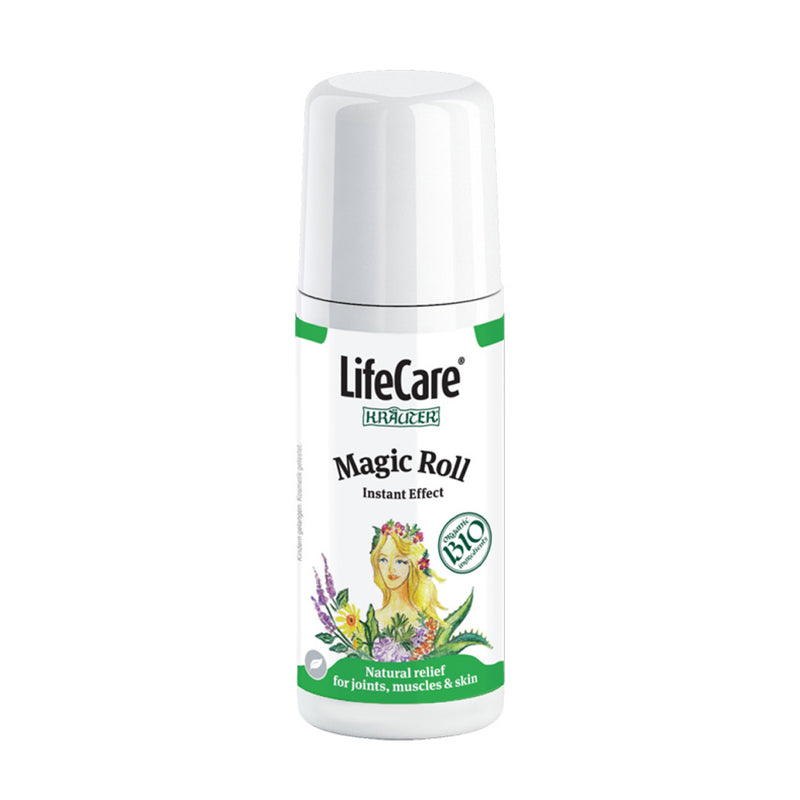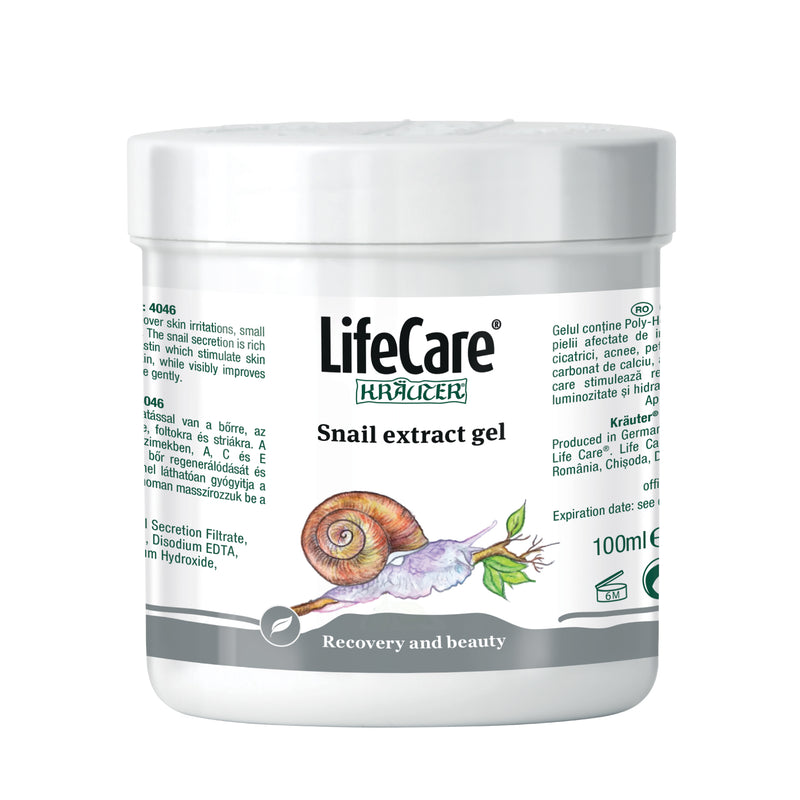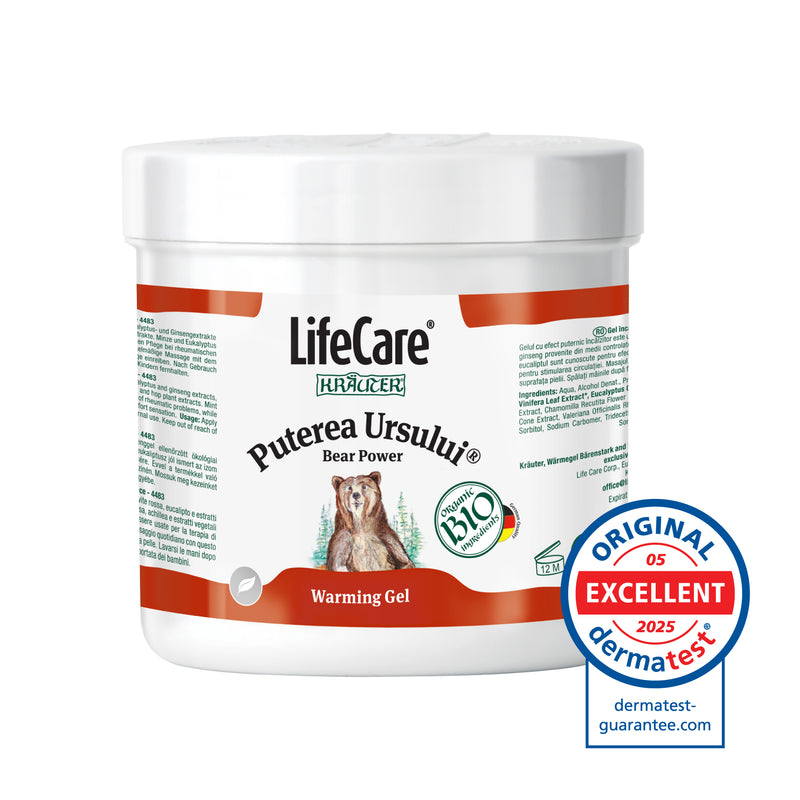The importance of hydration is something to be paid regardless of the season. The cold season brings shorter days, lower temperatures and a series of changes in our way of life. But an aspect often neglected during this period is The importance of maintaining an adequate hydration.
Although it might seem paradoxical to talk about hydration when temperatures are low, Our body still remains addicted to water for optimum operation.
Why do we have to pay special attention to hydration in the cold season
-
Dehydration is not exclusive to the hot season
Many people associate dehydration with high temperatures and increased summer. However, even in the cold season, we lose water through breathing, sweating and urination. In addition, the cold and dry winter air can affect the humidity in the body, thus leading to an additional water loss.
-
How does dehydration affect our health?
Dehydration can have an impact on our health in several ways. These include:
- Decrease in energy and concentration: Lack of water can lead to a decrease in energy level and difficulties in concentration.
- Digestive problems: Insufficient hydration can affect the functioning of the digestive system, causing constipation and abdominal discomfort.
- Reduced immunity: Water is essential for the transport of nutrients in the body and the elimination of toxic substances. Adequate hydration supports the immune system.
- Dry and irritated skin: The lack of water can contribute to the drying of the skin, which becomes more prone to irritation and dermatological problems.
3. How can we maintain adequate hydration in the cold season?
- Drink water regularly: Even if you do not feel thirsty as often in the cold season, it is crucial to drink water regularly.
- Consume hot and healthy drinks: Caffeine -free teas, infusions and soup are excellent sources of hydration in winter.
- Avoid excess caffeine and alcohol: These substances can contribute to dehydration, so consume them in moderation.
- Includes foods with high water content in the diet: Fruits and vegetables such as cucumber, oranges and vegetable soup are high in water.
The importance of hydration in the cold season cannot be underestimated. Proper water consumption is essential for maintaining general health and to help us cope with the specific requirements of the cold season. Make sure you make hydration a priority And you will definitely feel the benefits of a well -hydrated body, regardless of the outside weather conditions.
What are the symptoms of dehydration?
Symptoms of dehydration may vary Depending on the degree and duration of water loss in the body, as well as the individual. Here are some common symptoms of dehydration:
- Excessive thirst: The strong desire to drink water can be the first sign of dehydration.
- Dark color urine: Concentrated and dark urine may indicate insufficient hydration.
- Decreased amount of urine: Reducing the amount of urine eliminated can be a sign of dehydration.
- Urine with a strong smell: Concentrated urine can have a more pronounced odor in case of dehydration.
- Dry skin and dry mouth: may also indicate a decrease in hydration.
- Fatigue and weakness: Dehydration can lead to fatigue, weakness and decrease in energy.
- Dizziness or confusion: Excessive water loss can affect brain functions, causing dizziness or confusion.
- Cefalee: Dehydration can contribute to headaches.
- Low blood pressure: Water loss in the body can influence blood pressure, causing its decrease.
- Accelerated Cardiac Rhythm: Dehydration can affect blood circulation, which can lead to an accelerated heart rate.
- Decreased skin elasticity: The test test, where a small portion of skin is high and left, can indicate the degree of dehydration depending on the elasticity of the skin.
- Eye drying: dry eyes or sensation of eye discomfort may occur in case of dehydration.
It is important to remember that these symptoms may vary depending on the degree of dehydration and individual sensitivity. If you notice these symptoms or suspect dehydration, it is essential to consume liquids as soon as possible to restore the water balance and, if necessary, seek medical assistance.
What is the required amount of water I need in winter?
The recommended amount of water varies from one person to another and depends on factors like Age, sex, activity level, altitude, weather conditions and general health condition. Certain health conditions require a greater or smaller amount of liquids depending on the individual needs.
The latest studies have shown that A person needs 35 ml of water/ 1 kg body weight daily
Improves the water you drink using The Super Water mineral and trace elements. Complete the daily requirement of BOR, magnesium, sulfur and other trace elements for vitality!
Most people can hydrate properly with an adequate daily intake of water, but if you sweat intensely, do more than 60 minutes a day or have significant liquid losses due to fever or sweat, you must supplement your water.
Hot teas, favorite drink in winter
The importance of moisturizing in winter goes great with hot drinks, such as teas. They play an important role in maintaining health and comfort in the cold season.
A Japanese proverb says that: "If a man does not consume tea, he is unable to understand the truth and beauty. Tea means liquid wisdom." Tea offers you a well -being and quiet when you enjoy it, regardless of the time. Choose an eco tea from herbs, as Eco tea against cough, immunity tea, green tea or easy transit, with therapeutic effects and a pleasant and aromatic taste.
Discover Our range of eco teas, which calms and relaxes, strengthens the immune system, improves digestion, stimulates the natural detoxification process, stimulates memory and improves the ability to concentrate.
Here are some reasons why it is beneficial to drink hot teas in winter and how they can influence immunity and hydration:
- Hydration: In the cold season, dry air can lead to an accelerated loss of humidity in the body by breathing and perspiration. Hot teas contribute to the compensation of this loss of water. Proper hydration is essential for the optimal functioning of the body. Regular consumption of liquids through hot teas helps maintain a adequate water balance.
- Immunity: Many teas contain antioxidants and nutrients which can support the immune system. For example, herbal teas such as green tea can also provide antioxidant benefits to support immunity.
- Anti -inflammatory properties: Some teas have anti -inflammatory properties such as those containing ginger. These can help reduce inflammation and support the health of the immune system.
- Improvement of cold and influenza symptoms: Some teas, such as mint tea or lime tea, can help relieve cold and influenza symptoms, such as nasal congestion and irritated neck.
- Thermal comfort: Warm drinks help to heat the body inside, offering a pleasant sensation of thermal comfort in the cold season.
- Relaxing effect: The ritual of enjoying tea can have a relaxing effect on the nervous system, contributing to reducing stress and improving the general well -being.
Consumption of hot teas in the cold season brings multiple health benefits. These drinks not only contribute to hydration, but also to strengthening the immune system and creating a comfortable environment in the body in winter. It is important to choose natural teas, without excessive additives or sugar, to maximize health benefits.
Conclusions in the importance of hydration
Maintaining hydration in the cold season It is of crucial importance for maintaining general health and well -being. Although it may seem paradoxical to talk about hydration in winter, our body continues to need water to function optimally. The cold and dry air, together with the changes specific to the cold season, can lead to subtle but significant losses, water in the body.
Proper hydration in the cold season brings multiple benefits. It contributes to maintaining the water balance, supports the correct functioning of the immune system and helps to combat fatigue and other symptoms associated with dehydration. Warm drinks, such as teas and soups, not only offer hydration, but also bring extra comfort and nutritional benefits, thus contributing to general health.
To keep us optimally in the cold season, it is essential to be aware of the increased need for water and to adopt habits that ensure adequate hydration. Whether we enjoy hot teas, consume healthy drinks or include high water foods in the diet, prioritizing hydration in the cold season is the key to keep our vitality and resistance to the specific challenges of this year.
Did you know what is the importance of hydration in the cold season?
Article written by,
Andreea Corneanu - Content Marketing
Sources:
The Importance of Winter Hydration
Are you Drinking Enough Water During Winter Months?




